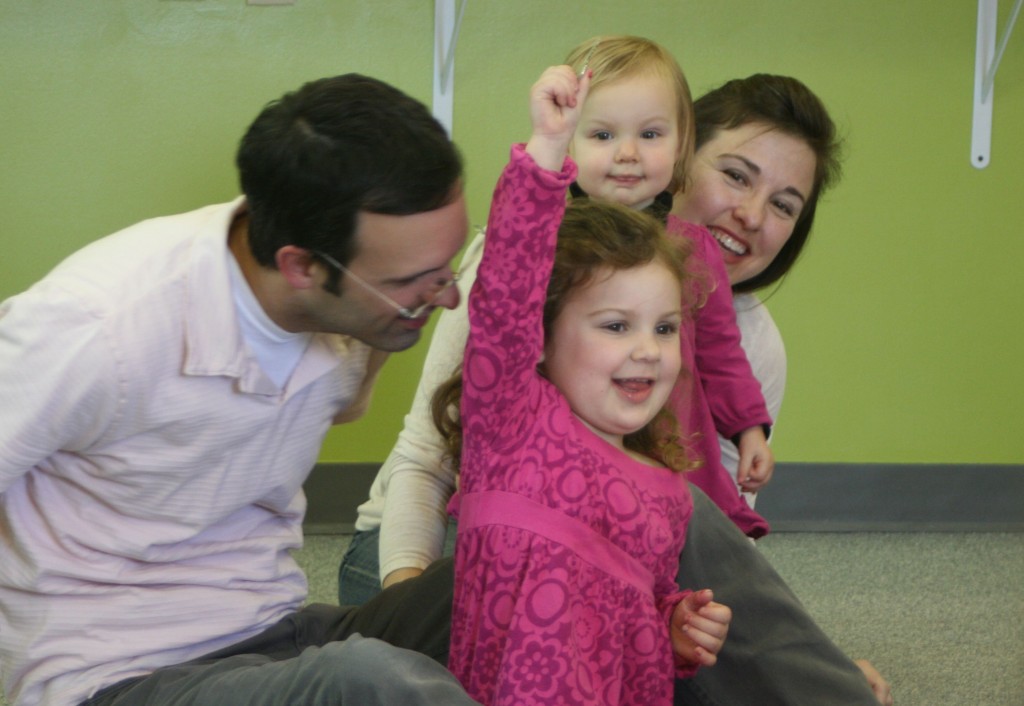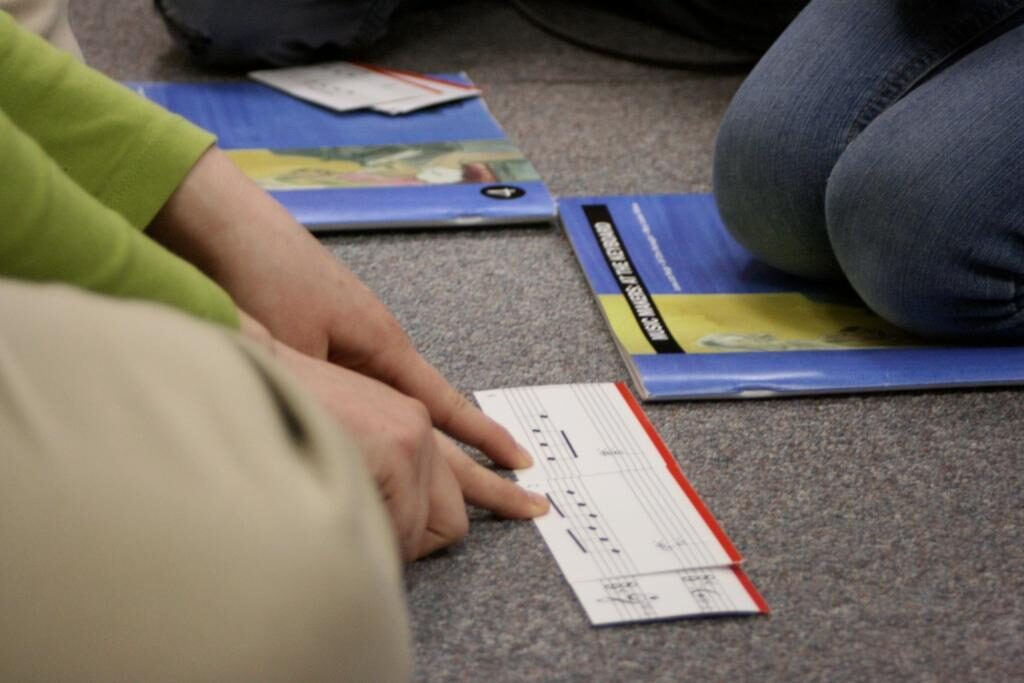As AI technology becomes more integrated into education, it’s tempting to ask: can AI effectively teach young musicians? While AI-powered platforms can help with music theory and practice, they cannot replicate the physical, psychological, and social benefits of in-person music classes. In this post, we’ll explore how AI can support musical learning and why human interaction remains essential for children’s development.
The Role of AI in Music Education
AI-driven platforms are already making waves in music education. Tools use AI to:
- Personalize lessons based on progress, helping students at different levels.
- Provide instant feedback on techniques like finger placement and rhythm.
- Track progress and suggest new pieces to learn.
These technologies can supplement traditional music education by offering individualized support, especially for basic music theory and practice. However, as promising as AI sounds, it simply cannot replace the benefits of face-to-face interactions in a group music classroom setting.
The Physical Benefits of In-Person Music Education
Children in group music classes develop key motor skills and coordination. Some of the physical benefits of traditional music education include:
- Fine motor skills: Playing an instrument requires precise finger movements and coordination.
- Gross motor skills: Instruments like drums or brass require whole-body movements and posture.
- Brain development: Music has been shown to enhance areas of the brain related to memory, movement, and emotion.
Early exposure to music helps develop fine motor skills, which are crucial for academic success later on in their development. AI can teach music theory, but it cannot guide children through these complex physical tasks.
The Psychological Benefits of Music Education
Music education is not only physical; it also provides valuable psychological benefits. Some of the emotional and cognitive advantages of in-person music education include:
- Increased self-esteem: Achieving musical goals in a group class boosts confidence.
- Enhanced emotional regulation: Music helps children manage emotions, improving their resilience and focus.
- Improved cognitive abilities: Studies have shown that music education strengthens memory and problem-solving skills.
For example, children learning to play in a group music setting learn important social skills like collaboration, empathy, and non-verbal communication, plus taking turns. AI platforms can offer feedback, but they cannot cultivate these interpersonal skills.
The Importance of Social Interaction
One of the most significant aspects of in-person music education is the social interaction that occurs between children, their teachers, and their peers. Some of the social benefits include:
- Collaboration: Working together on musical pieces helps develop teamwork and shared problem-solving.
- Parental involvement: Parents who engage in lessons or attend performances create a support system that enhances motivation and success.
- Sense of community: Group music classes foster a sense of belonging and collective achievement.
These social experiences help children build important social and emotional skills that last beyond the classroom. A child learning alone from an AI platform will miss out on these enriching experiences.
Why AI Can’t Replace In-Person Interaction
Although AI tools can be useful for learning music, they can’t replace the full range of benefits provided by in-person music education. Human interaction in the classroom nurtures:
- Physical development: Motor skills, posture, and coordination are best taught through hands-on instruction.
- Psychological development: Emotional and cognitive growth is supported through social interactions in group settings.
- Social growth: Collaboration with peers and teachers creates a learning environment where children thrive.
Conclusion
AI can have a role in supporting young musicians, but it can’t replace the foundational benefits of social interaction, physical development, and emotional growth that come from in-person music classes. The human elements of music education will always be essential for developing well-rounded musicians.







